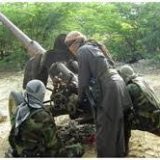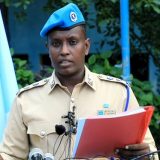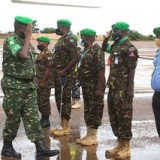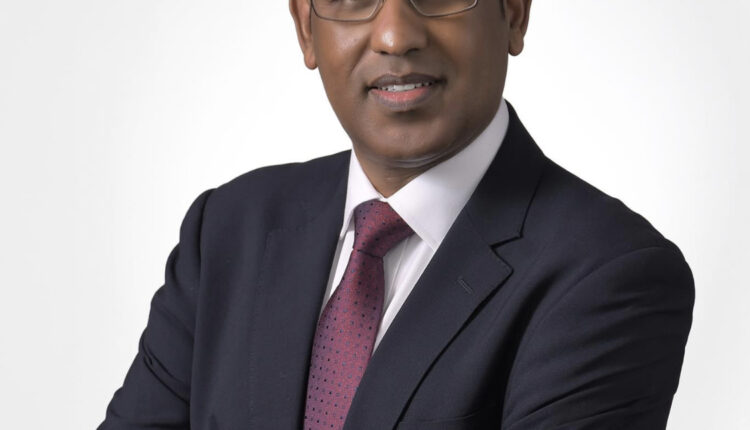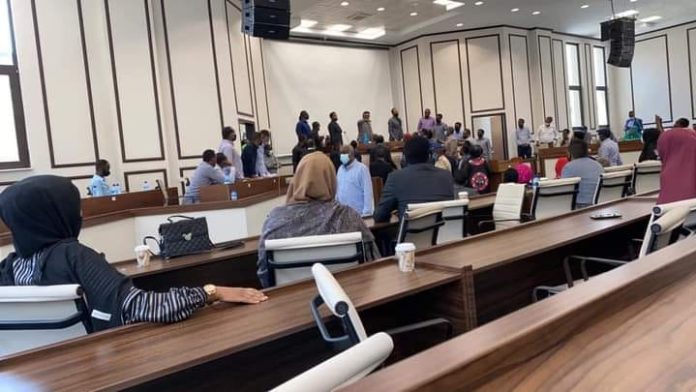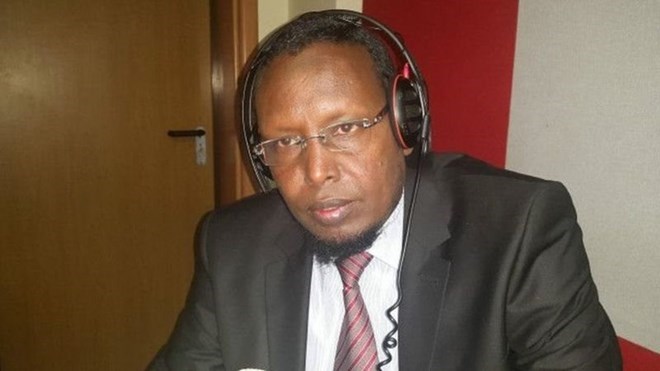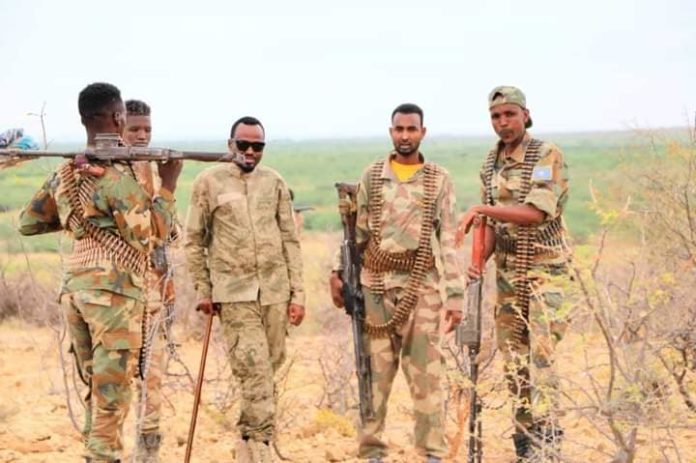3 Somali Natives Who ‘Went Home to Fight’ Plead Guilty to Terror Charges in Brooklyn
Hours before jury selection was to start in their trial, three Somali-born men pleaded guilty on Tuesday to conspiracy to support a terrorist group, stemming from their fighting for the Shabab in Somalia.
Ali Yasin Ahmed, 30, and Mohamed Yusuf, 32, were on-the-ground combatants who fought Somali government troops around Mogadishu, prosecutors said, while Madhi Hashi, 25, sought to fight for the Shabab but was imprisoned as a spy by its intelligence service.
Their guilty pleas in Federal District Court in Brooklyn provide a significant sentencing benefit. If convicted at trial, the men would have faced 30 years to life in prison; the plea agreement spells out a 15-year maximum.
It is one of several recent cases in which the authorities pursued terrorism charges against foreign citizens who planned no attacks against the United States.
When Judge John Gleeson asked a prosecutor, Shreve Ariail, on Tuesday what the “jurisdictional hook” for the case was, Mr. Ariail said that the defendants had been flown into New York, giving his court jurisdiction, and that Shabab recruitment videos had used the Internet to solicit United States fighters, which “had an impact on U.S. commerce.”
In an interview after the sentencing, Mr. Ahmed’s lawyer, Susan Kellman, said the men bore no animosity toward the United States. “They went home to fight in a civil war,” she said.
In court on Tuesday, the men appeared cheerful, smiling and chatting with their lawyers, and one even bantered with the judge. After Mr. Hashi asked Judge Gleeson whether he might be returned to Somalia after having served his prison term if the country “spirals down deep to a civil war,” the judge, chuckling, said, “Why don’t you ask me a question I can actually answer?” Mr. Hashi laughed, pulling at his thin beard.
Mr. Ahmed and Mr. Yusuf were born in Somalia and ended up as refugees in Sweden, their lawyers said. In 2008, according to prosecutors’ filings, Swedish authorities began tracking the two men as they investigated Muslim men being recruited by the Shabab.
The men expressed enthusiasm for the Shabab and were in touch with some of its members. In December 2008, they took a flight to Kenya. In Sweden, their families filed missing persons reports.
Mr. Yusuf and Mr. Ahmed headed to a Somali training camp, according to prosecutors, where they started their basic training before graduating up to “commando” sessions. After they finished, in mid-2009, they were assigned, along with several fighters who had traveled to Somalia from Minnesota, to fight in the area around Mogadishu. Mr. Yusuf served as the unit’s commander.
He received another promotion in summer 2009, to platoon leader, overseeing 30 fighters who had come from outside the country as they battled Somali government soldiers for control of the Karan District in Mogadishu. Mr. Yusuf and Mr. Ahmed were tenacious; Mr. Yusuf returned to the front even after he was hit with a mortar round, and Mr. Ahmed “on at least one occasion refused to go rest with other men in his unit during the ongoing battle, instead insisting on continuing to fight,” prosecutors wrote.
By 2010, Mr. Yusuf had appeared in a Shabab propaganda video that began with “shooting drills, urban tactics, heavy weapons training and operational footage,” prosecutors wrote. About 25 minutes into the video, Mr. Yusuf appears on screen. “We are standing right now in one of the oldest arena of Mogadishu,” he said in Swedish. “I encourage you to come here to Somalia to take part in jihad.”
Mr. Hashi did not fare as well in Somalia.
He also was born there, then moved to Britain in 1995, becoming a citizen in 2004. British authorities had questioned him after a 2005 trip to Egypt he took with his family, after he stayed behind to study Arabic when the rest of his family returned. Later, in 2008, government surveillance video showed him meeting with a man named Bilal Berjawi, who would be killed in an American drone strike in Somalia in 2012.
Mr. Hashi arrived in Somalia 2009, and by 2011 and 2012 was in contact with Shabab members who had come from outside the country, including at least two United States citizens. Apparently suspicious of his foreign ties, intelligence officers with the Shabab denounced him as a spy and imprisoned him. When he was released, he asked a prominent foreign fighter what to do; look elsewhere for jihad, that fighter told him.
By August 2012, the three men — it is unclear how Mr. Hashi came to befriend Mr. Yusuf and Mr. Ahmed — decided to leave in Somalia and head to Yemen, using a safe house in Djibouti. The three men were arrested by Djiboutian authorities while at the safe house. The person who arranged their travel had also been arrested.
The United States took over the case in November 2012, with the Federal Bureau of Investigation flying the men from Djibouti to New York.
After their prison terms, Mr. Hashi will be returned to Britain or Somalia, and Mr. Yusuf and Mr. Ahmed to Sweden. Judge Gleeson set sentencing for September


